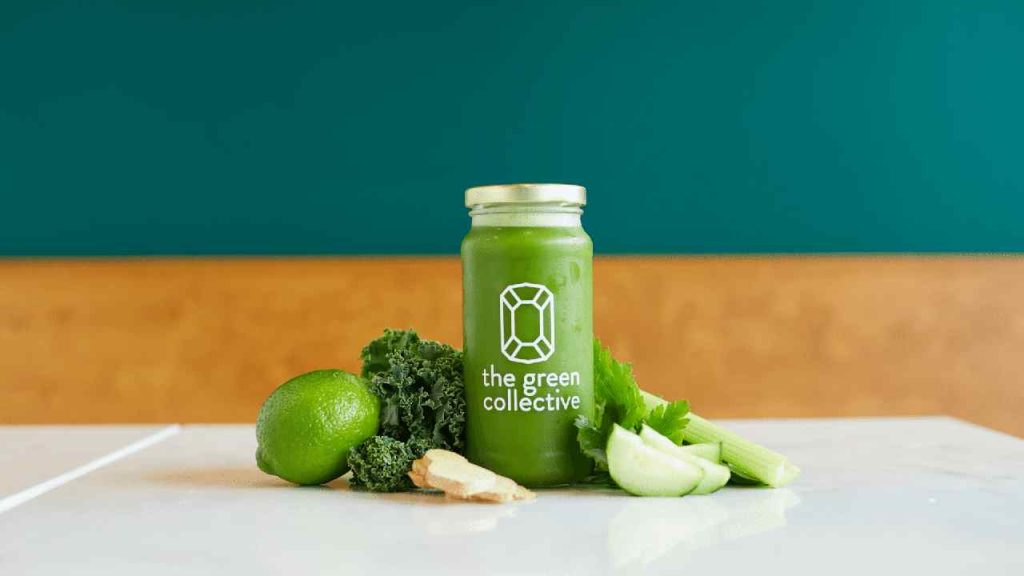The Hidden Risks of Immune-Boosting Supplements & Superfoods: Why Healthy Anywhere Includes Advisories in the App
At Healthy Anywhere, we love a good green juice as much as anyone. But when it comes to certain ingredients like spirulina and blue-green algae, plus immune-boosting chlorella, echinacea, chaga mushrooms, and more—we take a cautious stance.
While these trendy superfoods are often praised for their health benefits, they may not be as harmless as they seem—especially for those with immune sensitivities or autoimmune predispositions.
Understanding the risks can help you make informed decisions about whether these ingredients are right for you. At Healthy Anywhere, we’re here to help you navigate these choices by flagging potentially risky ingredients based on individual health needs.
Understanding the Risks of “Immune-Boosting” Superfoods & Supplements
The idea of “boosting” your immune system sounds appealing, especially within the wellness community. (If you’re anything like me, perhaps you’ve experimented with ‘new’ superfoods and supplements.)
But here’s the reality: you can over-stimulate your immune system, leading to serious health issues. For those who are predisposed to autoimmune conditions—or who already have immune sensitivities—certain immune-boosting ingredients can backfire, triggering immune flare-ups or even leading to autoimmune disorders.
Spirulina and Blue-Green Algae: More Than You Bargained For
Spirulina and blue-green algae are commonplace at juice bars due to their high nutrient content. You’ve likely seen them featured in colorful smoothies, juices, and bowls. But for some people, especially those with autoimmune sensitivities, these “superfoods” may come with hidden risks.
Research, including studies from the National Institutes of Health and JAMA, suggests that spirulina and blue-green algae may worsen or even trigger autoimmune conditions. One study published in JAMA Dermatology found that spirulina and echinacea were linked to autoimmune disorders like dermatomyositis in predisposed individuals.
Additionally, blue-green algae can sometimes contain harmful toxins like microcystins, which pose serious health risks. While the FDA has issued guidelines to help minimize these risks, the potential for contamination still exists.
Whether you have an autoimmune condition or not, it’s important to understand the risks before adding spirulina or other blue-green algae to your diet.
Echinacea: A Double-Edged Sword
Echinacea is another ingredient that can be found at juice bars. Traditionally used to help fight colds and flu, echinacea’s immune-stimulating properties can lead to adverse effects for people with immune sensitivities.
As the JAMA Dermatology study showed, echinacea may trigger autoimmune conditions in predisposed individuals. If you have a family history of autoimmune diseases, or if you suffer from allergies, asthma, or other immune sensitivities, take heed before consuming products containing echinacea.
Autoimmune Risks: More Common Than You Think
Autoimmune conditions are more widespread than many people realize. Millions of people in the U.S. suffer from autoimmune diseases, and many may not even know they’re at risk until they experience symptoms. Autoimmunity occurs when the immune system mistakenly attacks the body’s own cells, tissues, or organs.
The addition of immune-boosting supplements like spirulina, echinacea, and other adaptogens can provoke these attacks in susceptible individuals. This is why it’s so important to make informed decisions when choosing these ingredients.
Personal Experience: How Over-Supplementation Backfired
As the founder of Healthy Anywhere, I have personal experience with the risks of over-stimulating the immune system. A few years ago, in an attempt to maintain limitless levels of brain power, energy, and health I turned to spirulina, adaptogenic mushroom teas, and other immune-boosting supplements. Instead of enhancing my performance, I wound up with a weeks-long low-grade fever, swollen joints, and profound fatigue. It took me months – even years – to recover.
This experience was the catalyst for Healthy Anywhere’s decision to flag certain ingredients in the app. Our goal is to help you avoid a similar path by making safer, more informed choices.
Supporting Personalized Health
At Healthy Anywhere, we believe in personalized wellness. Everyone’s health profile is unique, and what works for one person may not work for another. Our app is designed to help you navigate the rich offerings at health cafes, juice bars, restaurants, and more by providing guidance based on holistic nutrition standards and individual preferences.
Many cafes are doing an incredible job providing fresh, organic, and nutrient-dense options – without these ‘suspect’ superfoods.
Don’t hesitate to ask about these when ordering. When in doubt, we count it out.

Conclusion
In today’s wellness culture, it’s tempting to chase quick fixes or jump on the latest superfood trend. But the best way to care for your immune system isn’t by trying to “boost” it with supplements that might do more harm than good. Instead, nourish your body with whole foods, balanced nutrition, and healthy lifestyle choices.
At Healthy Anywhere, we’re here to guide you through these choices—helping you avoid unnecessary risks and stay informed every step of the way. Your health is unique, and we’re committed to helping you make the best decisions for your body.
Stay informed, and most importantly, stay healthy!
Sources
- JAMA Dermatology Study on Autoimmunity and Immune-Stimulating Ingredients
- National Institutes of Health Study on Spirulina and Immune System Risks
- PubMed Study on the Potential Dangers of Blue-Green Algae
- FDA Statement on Microcystins Found in Blue Green Algae Products
- Toxin content and cytotoxicity of algal dietary supplements
Discover the best healthy, sustainable, and delicious food near you.
Healthy Anywhere
Conscious. Clean. Curated.™

